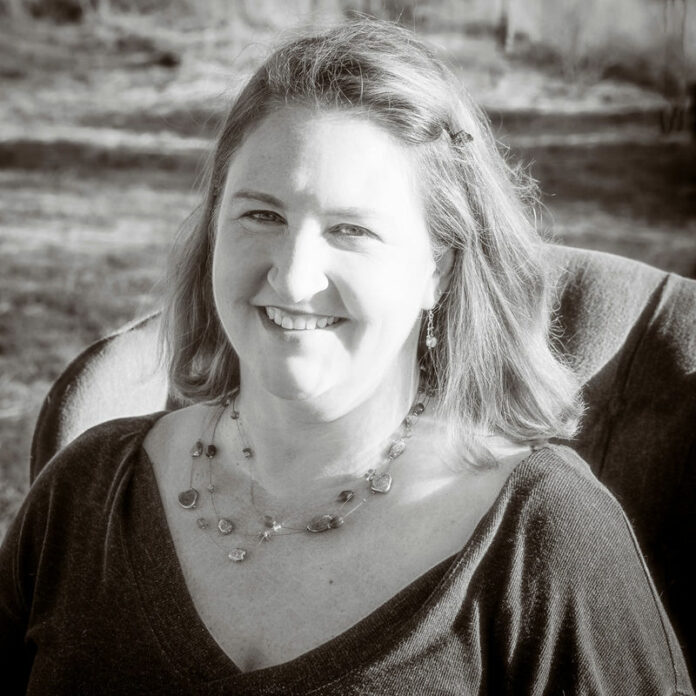I never thanked my mother for teaching me to read.
I have memories stretching way back to foggy childhood of her reading to me, and at some point I took over that reading for myself, but it was something I took for granted.
In fact, some of my fondest memories are of my relationship with books and reading. I remember learning to read silently for the first time – it had not occurred to me that I could read without saying the words aloud (the book was Strawberry Girl, by Lois Lenski). I remember hearing the words “Go to your room!” as punishment for naughty behavior, and was secretly thrilled that I got to retreat to my favorite place and hobby.
As a preteen, I recall sorting my collection of Harlequin Romances by author, and then by color, and then by publication number – it’s no wonder I became a librarian. And as an adult, I recall the thrill of waiting for the next Harry Potter book to release, and the passionate discussions held with readers of all ages about whether or not Snape was evil.
I was never without ready access to books. My family valued reading, made a point to have books in the home, and visited the public library regularly to restock books for their voracious young reader. My childhood reading nurtured a lifetime of imagination and inquiry, which helped me in so many ways.
I know how lucky I am to have had this support in my early years, for so many families and children do not have access to books in the home, and are unable to prioritize reading over other necessities of survival. Just as Matilda, the feisty heroine of Roald Dahl’s classic children’s book, struggled to find resources to fuel her learning and imagination, many families in our community face the same challenge.
There are as many reasons for a lack of books in the home as there are families. But, whether or not there are books in the home, reading is an essential skill in today’s society. It is fundamental to accomplish tasks as diverse as filling out an application, understanding instructions on a medicine bottle or helping kids with homework.
Despite this, many adults cannot read well enough to understand, and day-to-day activities that many people take for granted become a source of frustration, anger and fear.
Enter the public library. As Matilda discovers, free access to books through the public library can provide an avenue to books in the home. Our Sonoma County Library vision includes the statement “We love books and reading and exploration and we want to ignite that passion in others.”
We accomplish that in many ways, primarily by developing excellent collections of books and materials to reflect the needs and interests of all members of our community. Free access to a collection of shared resources (stronger now thanks to Measure Y sales tax support) can alleviate the barrier of lack of books in the home. Our recent abolishment of fines for late materials removes yet another barrier to free and equitable access to books for all ages.
In January, we hope to ignite and stoke a passion for reading through our 2020 Winter Reading Challenge. This program challenges all community members – children, seniors, teens, parents and everyone in between – to participate in a shared reading goal. We ask that you read as much as you can in the month of January, and track and log the minutes you spend reading, to see if together we can reach 1 million minutes read. If each person in Sonoma County reads at least 10 hours in January (just 20 minutes a day), it will be easy to meet this goal.
I’ll be reading my 10 hours in January, from books I check out from Sonoma County Library. I hope you’ll join me. And, thank you, Mom, for the incredible gift you gave me – the gift of reading.
Kathy DeWeese is the Youth Services Administrator for the Sonoma County Library
54.8
F
Healdsburg
December 21, 2024








